Leigh Stein is the author of seven books, including the critically acclaimed satirical novel, Self Care, and her newest novel, If You’re Seeing This, It’s Meant For You. She is also the creator of the Attention Economy newsletter on Substack and has written for the New York Times, the Washington Post, Allure, ELLE, Airmail, and The Cut.
Tell us about If You’re Seeing This, It’s Meant for You. Where did the inspiration for the story come from?
During the fall of 2020, when we were largely confined to our houses, I signed up for a lecture from Emily Stone on the novel Rebecca, which is a gothic novel about a young woman who is largely confined to a house. Before Emily, I hadn’t really thought much about gothic novels as a genre. After Emily, I realized that gothic fiction is actually one of my longtime preoccupations—I wrote a play for young adults based on the original gothic fairy tale “Bluebeard,” and my novel Self Care started out as an adaptation of “The Yellow Wallpaper.”
I still have my notes from Emily’s Rebecca lecture:
- gothic is both huge swelling romance + interior mental illness, a lot of gaslighting
- need a good house for a gothic, and a reason to keep the character in the house
- earlier time: the woman couldn’t really leave the house
- Where’s the protagonist of Rebecca gonna go? She has no choice but to be in service
- Is the house trying to kill you? (Get Out)
When she said you need “a reason to keep the character in the house,” I flashed on Taylor Lorenz’s New York Times article, from earlier that same year, about a Los Angeles mansion that was turned into a TikTok hype house.
I had my reason to keep the main character inside the house.

Buy the book now: Bookshop.org | Amazon | Barnes & Noble
There is a crumbling mansion, influencer culture and a disappearance all mixed into one, blending scary situations from both the digital and the real world. What drew you to write something haunting?
The Los Angeles mansion in my novel is a former architectural marvel, inspired by Frank Lloyd Wright’s Ennis House, but it’s been destroyed by time and cataclysmic weather. Wright was known for his “compression and release” design method that guides inhabitants from room to room and I use this in the novel as an analogy for the pressure the platform puts on the creators to perform on camera. The house influences the inhabitants to do things they wouldn’t normally do, just as the platform does.
As a cultural critic who weaves lots of themes surrounding influencer culture and social media and living our lives on the internet, what do you feel fiction does to help us better understand that space?
Some novelists choose settings (and setups) that allow them to avoid writing about digital life, but I believe my purpose is to document what it’s like to be alive right now. And everyone I know is having digital experiences—whether that’s arguing in comments sections, worrying about what their kids have access to, or wondering whether they need to post more on LinkedIn to find a new job. We have made real people (like family vloggers) our entertainment, like we’re ancient Romans at the Colosseum. I’m not writing an opinion piece that makes an argument for what you should do or not do online. Instead, I’ve tried to build out a fictional universe that shows the human side of content creation. Most readers know what it’s like to follow content creators—but they don’t know what it’s like to labor inside the machine.
I became a content creator on TikTok so that I could realistically depict how weird, frustrating, funny, rewarding, and destabilizing it can be to try to give that algorithm what it wants.
What do you feel are the aspects of our current digital lives that most need addressing right now? (Through art or cultural conversation or individually?)
I think we should register our ambivalence about being online. I see so many posts on Instagram of women agonizing about why they’re even there: they’re letting their followers know they’re thinking of leaving, or they’re about to leave, or they’ve come back from leaving.
We’re feeling two intense feelings simultaneously: I want to spend less time here. I need to be here.
It’s like “Hotel California”: you can check out any time you like but you can never leave.
As a content creator, can you share an online experience that sparked an idea in your fiction (either for a book or a scene)?
Every gothic novel needs its Max de Winter and I was really struggling with mine—in earlier drafts, he was creepy and more interested in my female protagonist than she was in him. But he needs to be appealing—to her and to the reader—for the romance to be plausible. Like Max de Winter, he has to be both alluring and potentially dangerous.
Then I remembered this man I’d met on the internet in my early twenties. He was about a decade older and he became my mentor. We emailed every day. I sent him every single poem I wrote, and he sent me his. He encouraged my writing and recommended books I should read. His influence is all over my work. We lived in the same city and would go to poetry readings together, or listen to music. He was dating other women and I didn’t understand why he couldn’t date me—and I didn’t know how to make this happen. I wished for something to happen. Nothing happened.
I realized that in my earlier drafts, I had the desire backwards. Instead of him desiring her more than she desired him, I flipped it. When my Max de Winter first brings my main character to Los Angeles, to exhibit her photography, she wants something to happen between them, but she’s too inexperienced to ask for what she wants. She makes art from her experience of ambiguous rejection that she can never bring herself to show him.
Twenty years later, he comes to her with an opportunity that she can’t resist.

What are some of your favorite books based around internet culture?
My favorite internet novels are No One Is Talking About This by Patricia Lockwood, A Touch of Jen by Beth Morgan, and Several People Are Typing by Calvin Kasulke.
In non-fiction, I just read Tori Amos Bootleg Webring, a short book by Megan Milks that made me intensely nostalgic for the online communities I grew up in during the late nineties.
What are you currently listening to?
As soon as I finished Tori Amos Bootleg Webring, I started listening to a lot of Tori. I had the Strange Little Girls CD but did not remember it came out right around 9/11. I remembered the promotional campaign, with Tori styled as different personae (reminiscent of Cindy Sherman’s photography). Listening to it now as an adult, and knowing that she released it when she was in her late thirties, to get out of her contract with Atlantic, it has a whole new depth for me. She’s covering songs by men and resisting any easy categorization of herself or her work.

What are you currently reading?
The Compound by Aisling Rawle
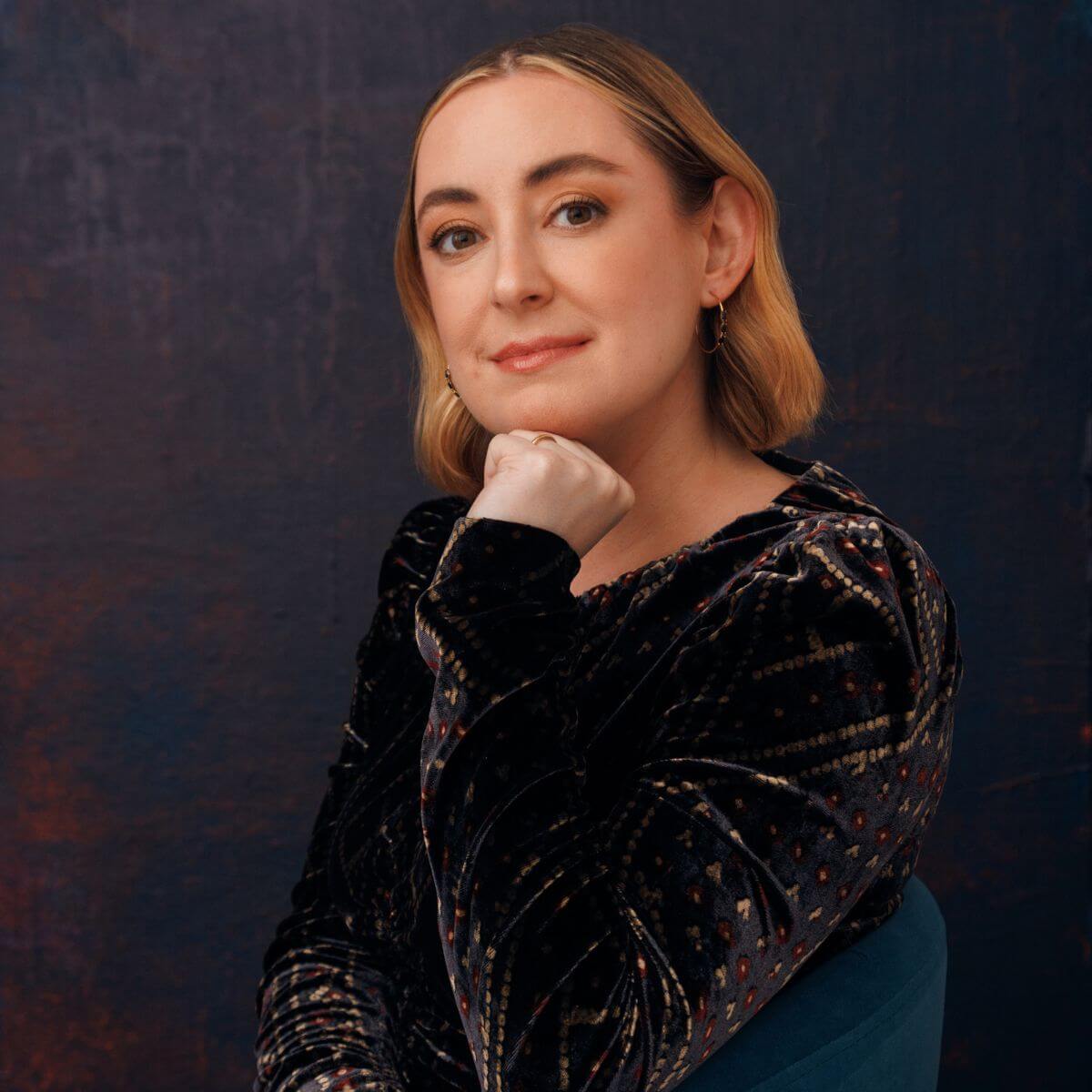

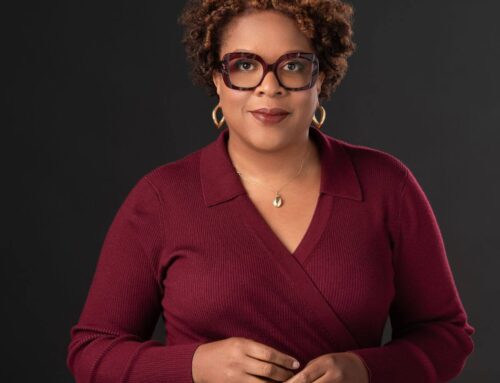
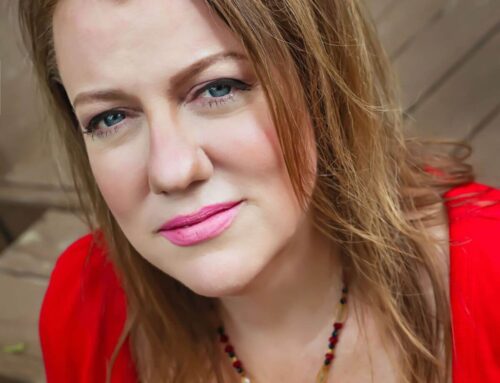
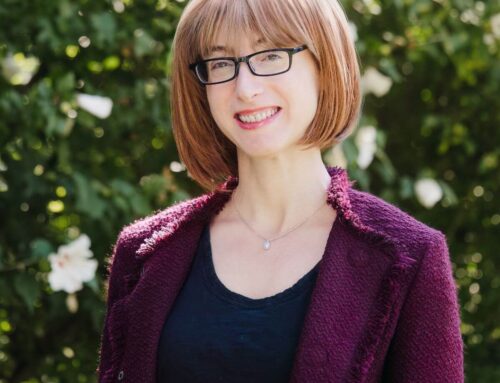
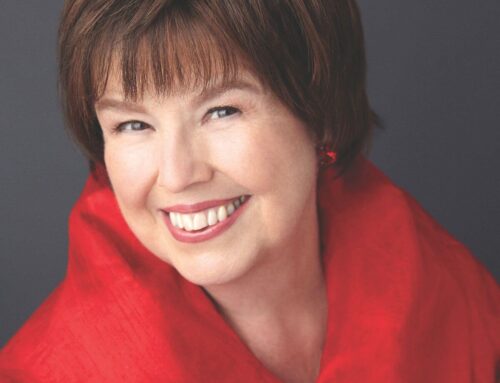
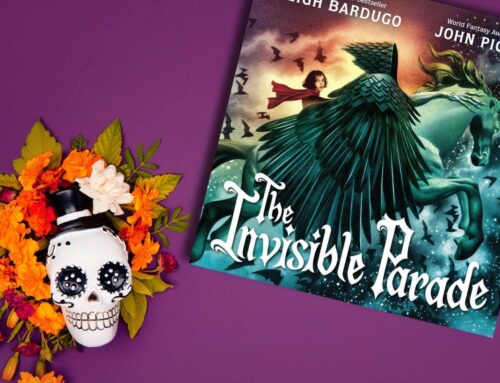
Leave A Comment